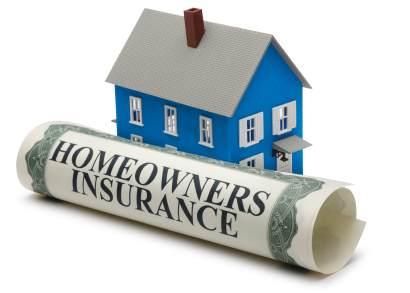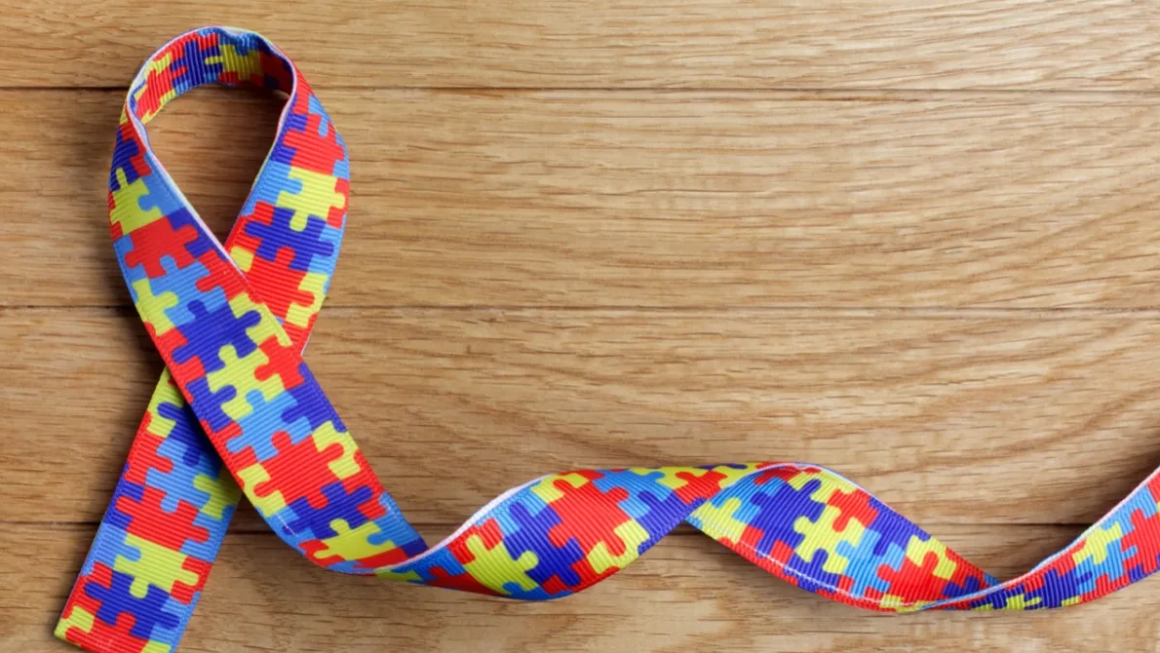When buying a home, it is important to get homeowners insurance. Although it does not cover everything, it can help you protect your investment. Purchasing an insurance policy from Florida home insurance companies will reduce the risk associated with your property, which is always great. Make sure you compare insurance options before settling on one. Different companies offer slightly different options.
Cost of Home Insurance
Homeowner’s insurance premiums vary a lot, so it’s important to shop around. The best way to get the lowest rate is to compare rates from several carriers. Be sure to look at the specific coverage options offered by each insurer. You should also know the deductible amount and the conditions each policy covers. Lower your deductible or look for other discounts depending on your needs.
Insurers will also look at your credit history when determining the price of home insurance. If you have a history of making payments on time without a claim, you can reduce your premiums by paying a higher deductible. A higher deductible will lower your premiums, but it will also raise the cost of a claim.
Another factor in home insurance premiums is the value of your home. Higher-valued homes will cost more to repair, so homeowners insurance premiums will also rise accordingly. The location also plays an important role. You’ll pay more for homeowners insurance if you live in a high-risk climate zone or if you live in a neighborhood with high crime rates.
Protection from Catastrophic Events
Homeowners need to have adequate home insurance coverage for natural disasters. Depending on the type of disaster you live in, you may need specialized catastrophe coverage. Your insurance agent can help you choose the right coverage for your needs. They will also discuss the best ways to mitigate the risks associated with certain disasters. To make the comparison process easy, use a service like Insurify. This service compares homeowners insurance premiums and makes the process simple.
Homeowner’s insurance protects from common disasters such as windstorms and fire damage. Catastrophe insurance includes separate policies or insurance riders for specific risks. Catastrophe insurance covers non-standard home hazards like earthquakes, hurricanes, and wildfires.
Catastrophe insurance protects homeowners against catastrophic events such as hurricanes, tornadoes, and other events that cause huge damage to buildings. Homeowners’ insurance policies do not cover these risks, so it is important to get this additional coverage. Catastrophe insurance is also important if you live in a region where natural disasters occur frequently.
Protection from Lawsuits
While lawsuits are unpleasant, they can be prevented by taking the appropriate steps to protect your property and yourself. One important step to take is to obtain a home insurance policy. This will cover damages to your property and liability in the event of an accident. A home insurance policy can also protect you from financial hardship.
Regardless of your home’s value, it is important to have home insurance in case of a lawsuit. The policy may cover a portion of the damages or bodily injury incurred during an accident. However, a home insurance policy may not cover your legal or medical expenses incurred due to an accident. Therefore, it is important to read your policy carefully to know exactly what it covers.
The best way to protect yourself from lawsuits is to have liability coverage. This type of insurance may cover the legal costs of an attorney who defends you in the case. It will also cover any money you owe to the plaintiff. However, this kind of insurance policy does not cover intentional acts.
Liability Coverage
Liability coverage as part of a home insurance policy protects the homeowner from liability arising from an accident or injury. Coverage can extend beyond the property’s limits and includes additional family members or pets. It can also include coverage for additional living expenses while the home is being repaired or not usable. This coverage can be a valuable financial cushion if the homeowner loses all of their property or income in an accident or injury.
Liability coverage as part of home insurance can also pay for medical bills incurred if a visitor is injured on your property. For example, if your neighbor’s child slips on your property and is injured, your policy would pay for the visitor’s medical bills. Liability coverage can also cover pain and suffering claims against the homeowner.
Home liability coverage can protect you from costly lawsuits. While an accident on your property may be uncommon, it’s important to be covered if a visitor is injured. Even a frisbee thrown through a neighbor’s window could lead to liability. Liability coverage can also protect you from libel and slander. It can even protect you if a guest eats some of your food and gets sick.




